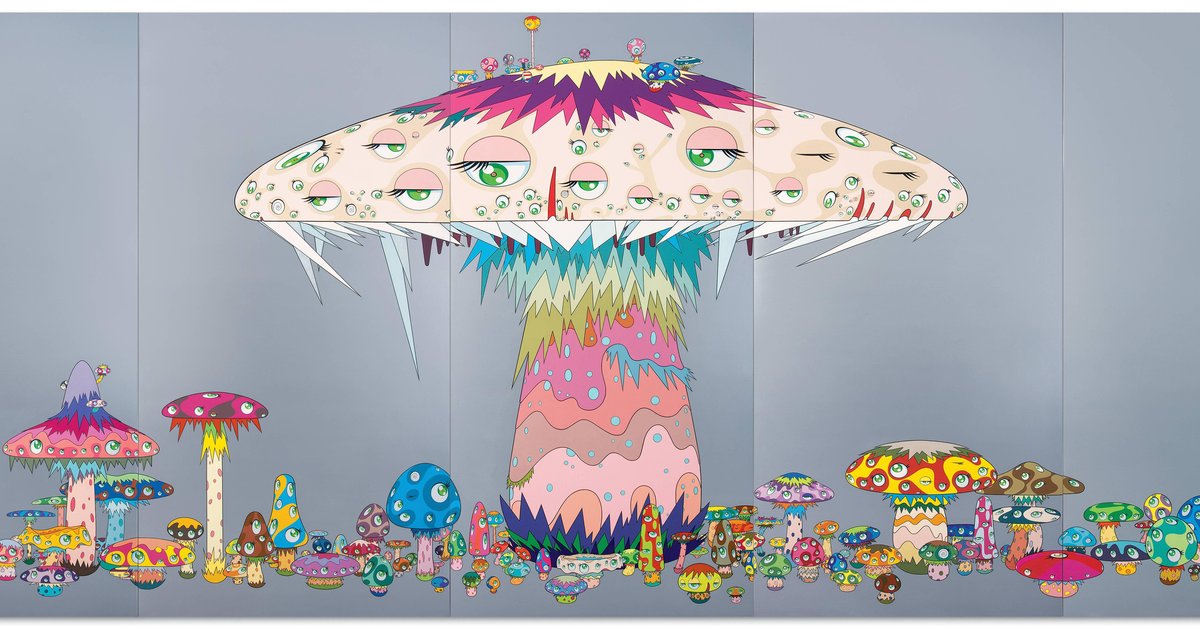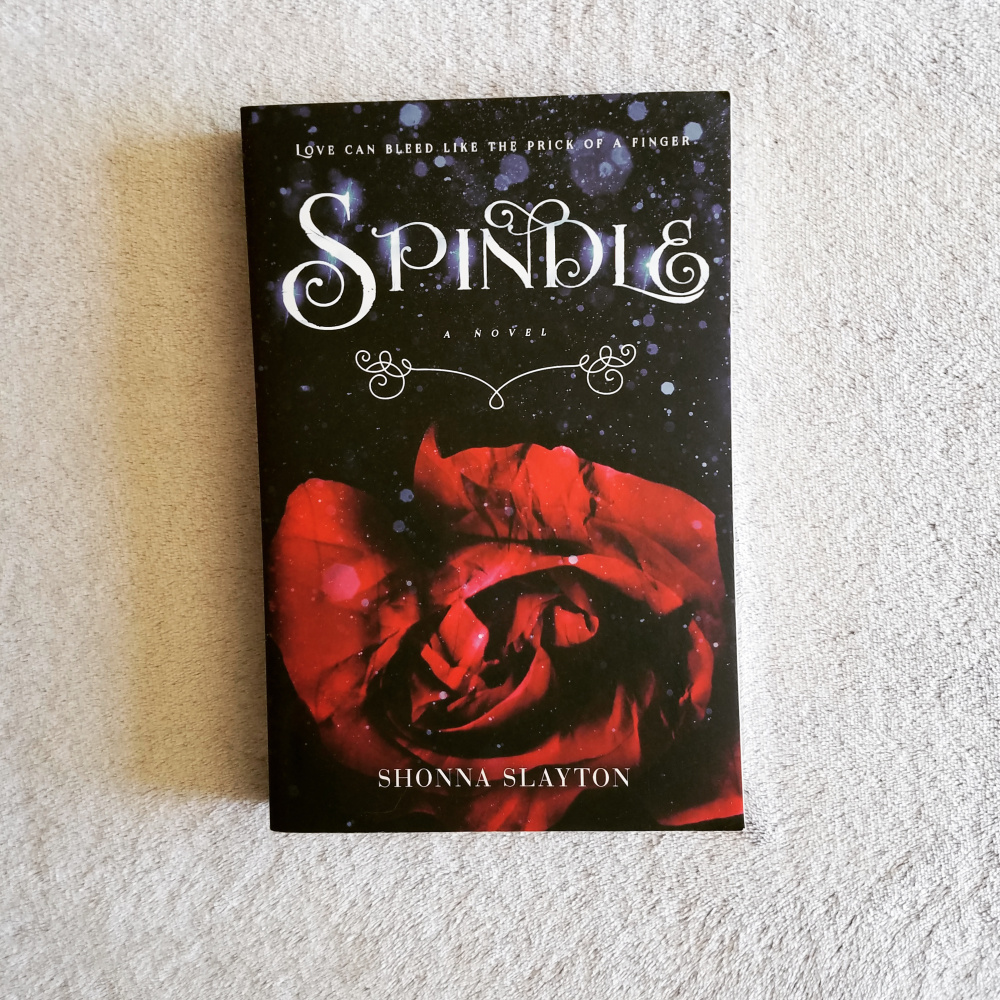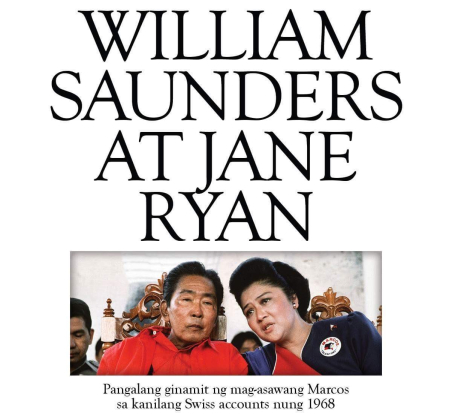Here we are at the beginning, in media res.
I picked a record off the shelf—that’s all. A completely unscientific way to demonstrate to myself that intuition was worth something. My intuition was that whatever I chose, no matter what it was, would be good enough and would allow for the requisite dipping of the toe into the waters.
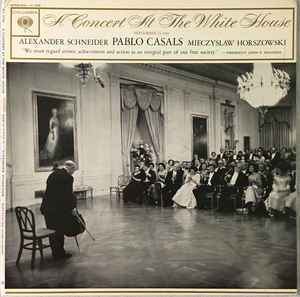 The record was A Concert at the White House, November 13, 1961. Do you know this story? The great Spanish cellist Pablo Casals, having refused to perform publicly in the United States since 1928 because of American recognition of Franco’s government, accepted President Kennedy’s invitation to perform because, in his words, of “my deep feelings for the American people and the faith and confidence we all have in you as leader of the Free World.”
The record was A Concert at the White House, November 13, 1961. Do you know this story? The great Spanish cellist Pablo Casals, having refused to perform publicly in the United States since 1928 because of American recognition of Franco’s government, accepted President Kennedy’s invitation to perform because, in his words, of “my deep feelings for the American people and the faith and confidence we all have in you as leader of the Free World.”
The choice of pieces will likely seem unsurprising to chamber music regulars: Mendelssohn’s Piano Trio in D Minor, an arrangement of pieces by Couperin for cello and piano, Schumann’s Adagio and Allegro in A-flat Major, and as an encore Casals’s own arrangement of a Spanish melody, “Song of the Birds.”
The concert was a great success, widely seen (and spun) as part of the inauguration of a new age in which the White House would celebrate and encourage the arts and artists. Among the 153 guests in the East Room were Samuel Barber, Elliott Carter, Aaron Copland, Henry Cowell, Norman Dello Joio, Howard Hanson (my compositional grandfather!), Roy Harris, Alan Hovhaness, Gian Carlo Menotti, Douglas Moore, Walter Piston, William Schuman, Roger Sessions, Virgil Thomson, Eugene Ormandy, Leopold Stokowski. But here’s my favorite guest reaction: “Leonard Bernstein, who sat with his head buried in his hands during most of the recital, was nearly overcome. ‘I was deeply moved by the entire occasion,’ he admitted, ‘not merely by the music of Casals but by the company in which it was played.’” (Time, November 24, 1961) The folks at Columbia Records were similarly moved, so much so that “in appreciation of [the] opportunity to present this recording,” they donated their portion of proceeds to the Casals Festival in Puerto Rico.
Nexus entry.
How many questions could possibly emerge from the random selection of a record on a shelf? Here are some of my favorites. . .so far. 1) What was Elliott Carter thinking when he looked at the program? Did he roll his eyes at every perfect authentic cadence? 2) Why Mendelssohn? What did Mendelssohn mean to that octogenarian international superstar of a cellist in 1961? 3) Why is this performance recreated in Jackie, the 2016 film starring Natalie Portman? What are contemporary film audiences supposed to do with chamber music at the White House? 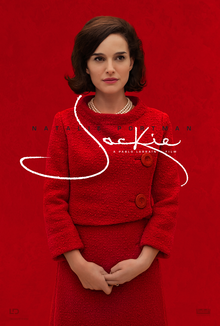 4) How’s the Casals Festival doing, particularly in the wake of Hurricane Maria? 5) Paul Henry Lang (musicologist alert!) was at the concert and wrote a review for the Herald Tribune in which he admires the first family for their “proper appreciation of the relation of art to life.” Was Lang, scholar of French Baroque music, thinking of the ancien régime when he wrote that, or of Bartók and Kodály, with whom he also studied? 6) U.S. Presidents and Puerto Rico. I’m sure there’s a question there, but I’m not sure I want to ask it, at least not in a first blog entry. Maybe it’s enough to say that the first democratically elected governor of Puerto Rico, Luis Muñoz Marín, was the guest of honor at this state dinner and concert.
4) How’s the Casals Festival doing, particularly in the wake of Hurricane Maria? 5) Paul Henry Lang (musicologist alert!) was at the concert and wrote a review for the Herald Tribune in which he admires the first family for their “proper appreciation of the relation of art to life.” Was Lang, scholar of French Baroque music, thinking of the ancien régime when he wrote that, or of Bartók and Kodály, with whom he also studied? 6) U.S. Presidents and Puerto Rico. I’m sure there’s a question there, but I’m not sure I want to ask it, at least not in a first blog entry. Maybe it’s enough to say that the first democratically elected governor of Puerto Rico, Luis Muñoz Marín, was the guest of honor at this state dinner and concert.
Nexus exit.
What do we do with these questions? Assemble a portfolio of hastily researched half-answers, labor to develop serious answers before posting an entry, or move on? What’s the responsibility of the blogger?
(So. Many. Records.)
For now we move on and mull over, with the enticing possibility of “return,” a phenomenon that takes many forms in the nexus.
Share this:

